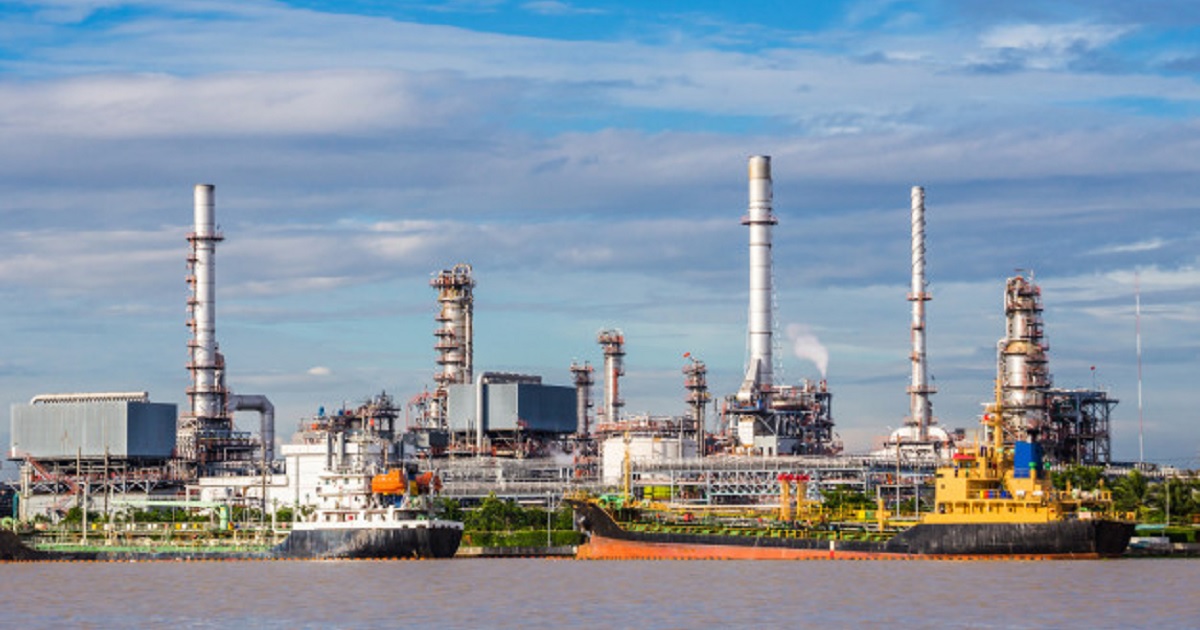ESSA will be the First Indonesian Producer of Carbon-Free Fuel

Climate change, driven by the greenhouse effect, is one of the world’s major issues that need to be urgently addressed.
Studies have found that greenhouse gas emissions from industry primarily come from burning fossil fuels for energy and greenhouse gas emissions from specific chemical reactions necessary to produce goods from raw materials.
As decision-makers, industry, and ordinary citizens, the government is held responsible for tackling global climate change.
This explains why PT Surya Esa Perkasa Tbk (ESSA), a publicly listed company operating in liquefied petroleum gas (LPG) refining in Palembang, South Sumatra, is taking part in reducing emissions to tackle global climate change.
Along with ammonia production in Luwuk, Central Sulawesi, ESSA has taken strides toward developing blue ammonia. This carbon-free fuel can be burned in thermal power stations without releasing carbon emissions.
ESSA’s subsidiary, PT Panca Amara Utama (PAU), has signed a memorandum of understanding (MoU) to conduct a feasibility study on how to produce blue ammonia in PAU’s ammonia plant in Luwuk in cooperation with the Japan Oil, Gas and Metals National Corporation, Mitsubishi Corporation and the Bandung Institute of Technology (ITB).
To date, while the majority of ammonia produced in Indonesia is used as a raw material for fertilizers, plastics, and chemicals, the expectation for ammonia’s role as a future carbon-free fuel has grown considerably because it is a safe hydrogen carrier, a zero CO2 emitter during combustion and has proven delivery logistics.
All PAU’s annual capacity of 700,000 tons is expected to be converted to produce blue ammonia to support carbon capture, utilization, and storage (CCUS) technology to become the first producer of this carbon-free fuel in Southeast Asia particularly Indonesia.
Furthermore, considering that Indonesia’s LPG consumption is heavily dependent on imports, the government has decided to significantly reduce and suspend all LPG imports by 2030 to reduce the trade deficit and realize national energy independence. ESSA is ideally positioned to assist the government in realizing that policy.